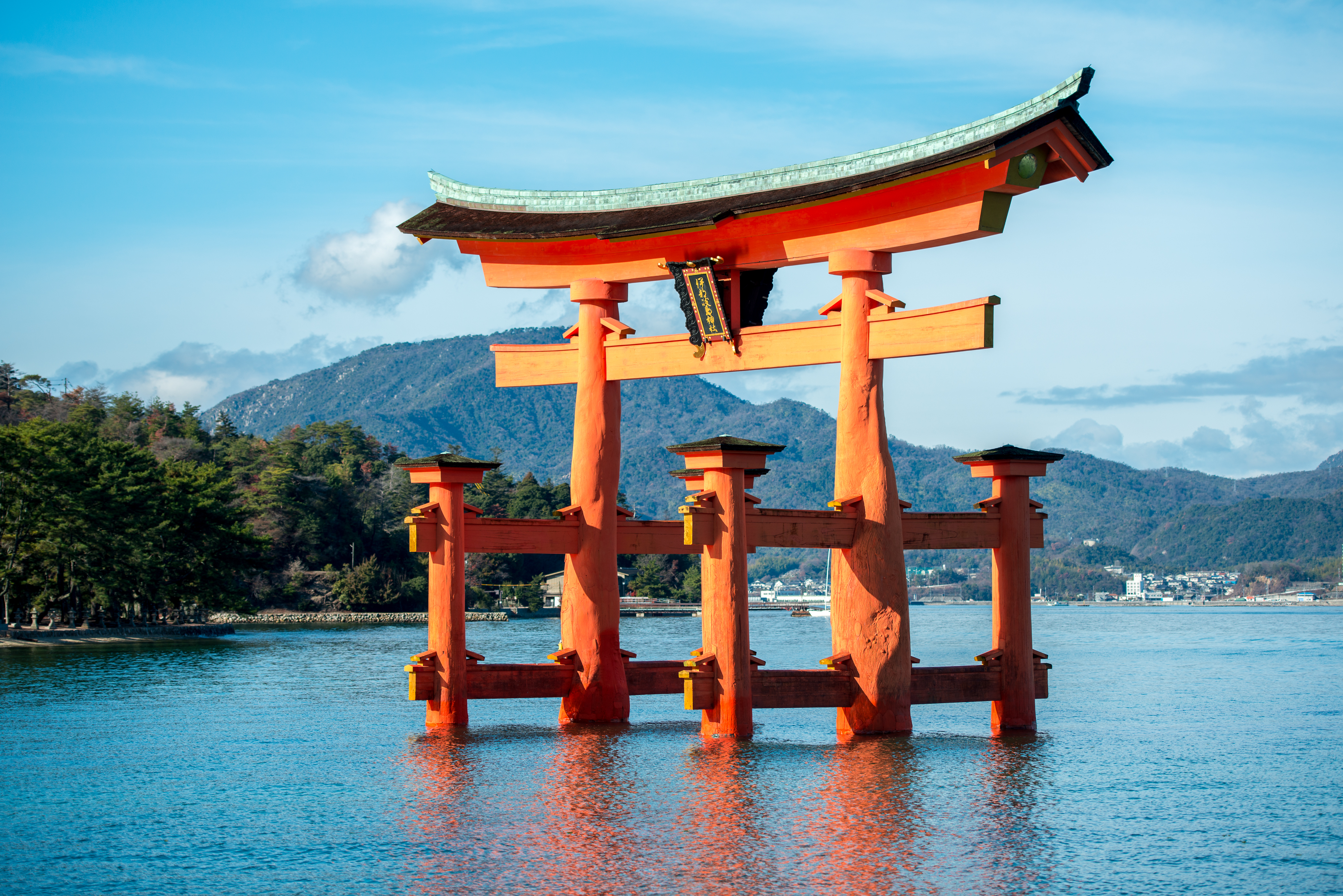|
Chinnan Shrine
was a Shinto shrine that once stood in Malang, Indonesia. It was built by the Japanese Imperial Army during their Japanese occupation of the Dutch East Indies, occupation of Indonesia between 1942 and 1945. The name “Ching Nan” means "to dominate the southern region" or "to dominate the countries south of Japan." The shrine was built as a place of worship for followers of Shinto, Shintoism, the native religion of Japan, and was dedicated to Amaterasu, Amaterasu Omikami, the Sun Goddess and highest deity in Shintoism. There are about 1600 Shinto shrine, Shinto shrines (''Jinja'') outside Japan, and in Indonesia there are 11 shrines, one of which was Ching Nan Jinja. If it were still standing, it would be one of the biggest Shinto shrines in Indonesia, second only to the Hirohara Shrine, Hirohara shrine (now housing the Medan Club in Medan), and the southernmost Shinto shrine in Asia. Location The location of the shrine has long been a subject of discussion among historians ... [...More Info...] [...Related Items...] OR: [Wikipedia] [Google] [Baidu] |
Shinto
, also called Shintoism, is a religion originating in Japan. Classified as an East Asian religions, East Asian religion by Religious studies, scholars of religion, it is often regarded by its practitioners as Japan's indigenous religion and as a nature religion. Scholars sometimes call its practitioners ''Shintoists'', although adherents rarely use that term themselves. With no central authority in control of Shinto, there is much diversity of belief and practice evident among practitioners. A polytheism, polytheistic and animism, animistic religion, Shinto revolves around supernatural entities called the (神). The are believed to inhabit all things, including forces of nature and prominent landscape locations. The are worshipped at household shrines, family shrines, and Shinto shrine, ''jinja'' public shrines. The latter are staffed by priests, known as , who oversee offerings of food and drink to the specific enshrined at that location. This is done to cultivate harmony ... [...More Info...] [...Related Items...] OR: [Wikipedia] [Google] [Baidu] |
